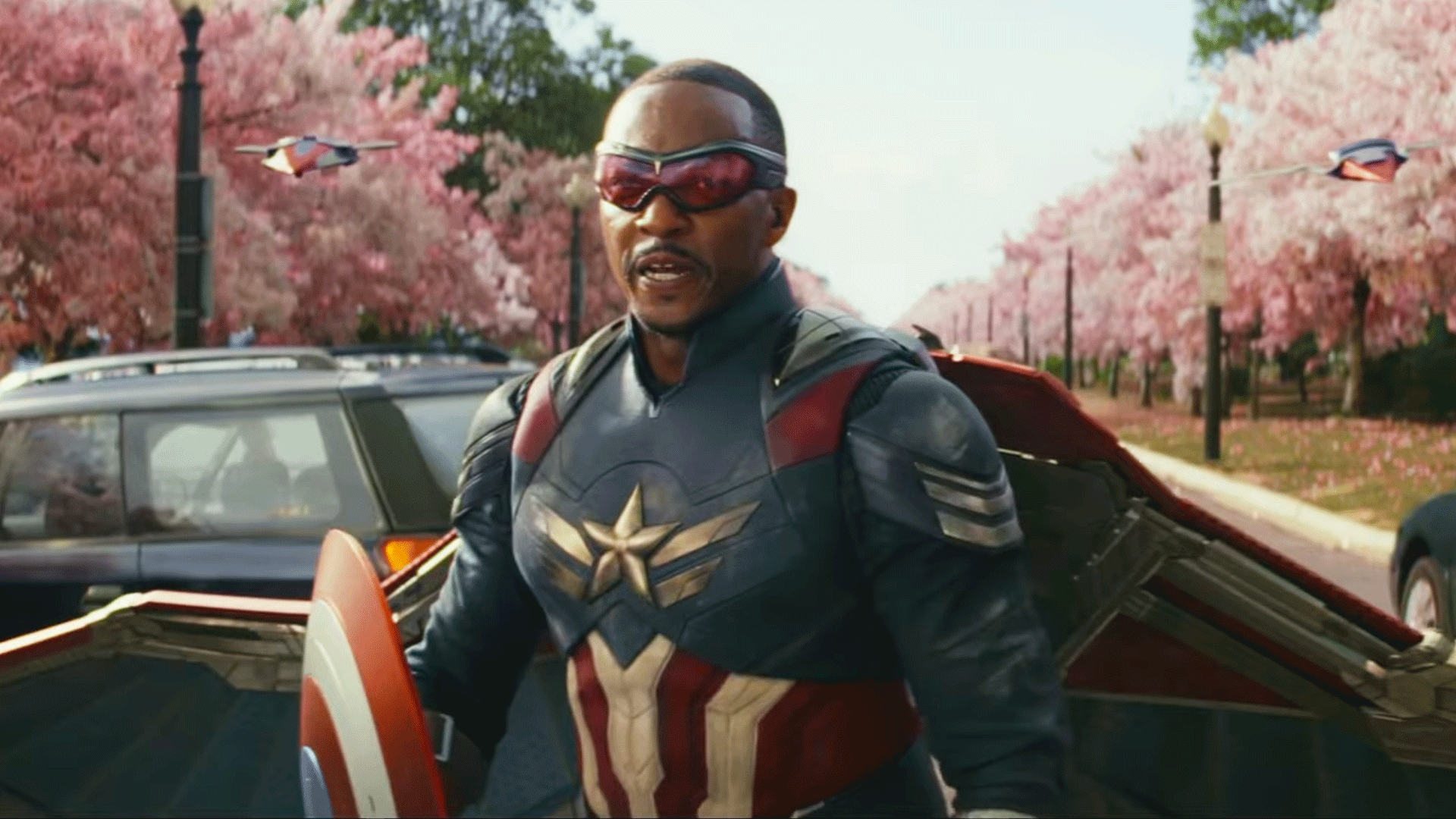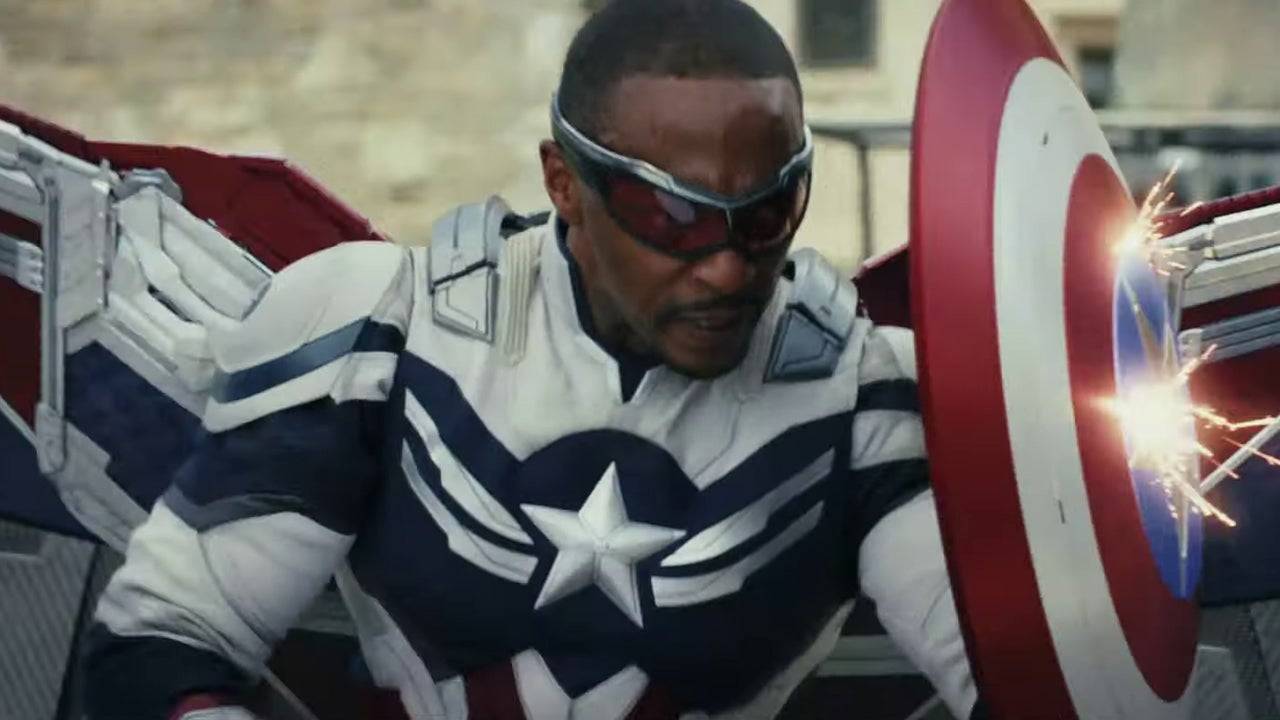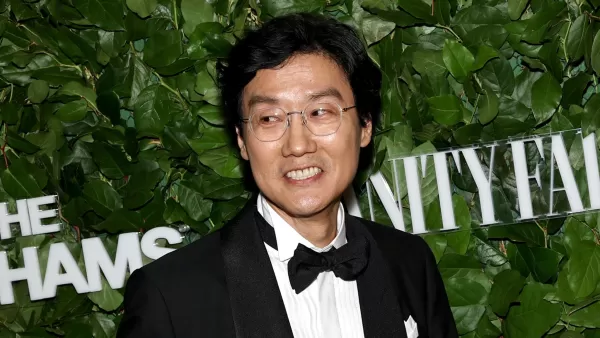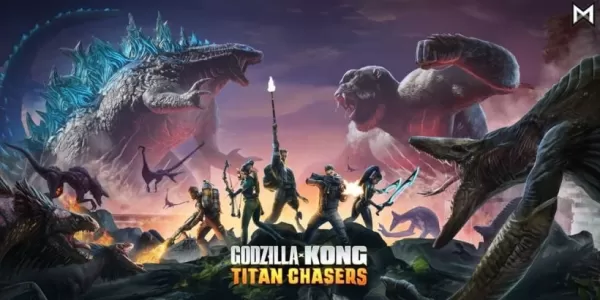Since Chris Evans laid down the Captain America shield at the end of *Avengers: Endgame*, rumors have persisted about his potential return to the Marvel Cinematic Universe. Despite repeated denials from the actor himself—who has consistently stated he’s “happily retired” from the role—the speculation refuses to fade. The reason? In the world of comics, death is rarely permanent.
Comic book lore thrives on cycles of death and rebirth, and Steve Rogers is no exception. His assassination in the aftermath of the 2007 *Civil War* storyline shocked fans and led to a significant shift: Bucky Barnes taking up the mantle of Captain America. Yet, like many comic book exits, this change was temporary. Eventually, a narrative twist brought Steve back to life, restoring him to his iconic role.
Years later, another transition occurred when Steve Rogers was stripped of his super-soldier serum, aging him into an elderly man unable to carry the shield. This opened the door for Sam Wilson—better known as The Falcon—to become the new Captain America. This pivotal moment in the comics served as the foundation for Anthony Mackie’s upcoming film, *Captain America: Brave New World*.
However, just as with Bucky, Steve eventually regained his youth and strength, reclaiming the Captain America identity once again. This kind of revolving door is common across superhero comics, which helps explain why fans continue to speculate that Chris Evans might return to the MCU as Steve Rogers.

Yet, the MCU operates under different rules. Unlike the pages of Marvel comics, where characters frequently cycle in and out of roles, the cinematic universe tends to favor lasting consequences and meaningful character arcs. When a hero dies in the MCU, they usually stay dead—think Iron Man, Black Widow, or even Thanos.
Anthony Mackie, who has portrayed Sam Wilson since *Captain America: The Winter Soldier*, seems to understand the weight of stepping into such a legendary role. In a recent interview, he expressed optimism about his future as Captain America:
“[I hope Sam is the permanent Captain America.] I don’t know. I think when you look at Sam Wilson, the longevity of him being Captain America depends on how well the movie does. So go see the movie! I think by the end of this film, audiences are going to feel that Sam Wilson *is* Captain America, full stop.”
While Sebastian Stan’s Bucky Barnes may not have held onto the title long in the comics, Mackie’s version of Captain America appears to be more firmly rooted in the MCU. Even if Chris Evans were to reappear in *Avengers: Doomsday* (2026) or *Avengers: Secret Wars* (2027), there's room in the story for both versions to coexist—a dynamic previously explored in the comics.
Still, Nate Moore, a key producer behind *Captain America: Brave New World*, made one thing clear:
“When we asked Nate Moore if Anthony Mackie is the MCU’s permanent Captain America, he simply said: ‘He is. He is. And we’re so happy to have him.’”
This marks a definitive statement: from the conclusion of *The Falcon and the Winter Soldier* onward, Sam Wilson is now and will remain the MCU’s Captain America. There are no plans for a temporary handoff or a passing of the shield.

Julius Onah, director of *Captain America: Brave New World*, echoed this sentiment, emphasizing the importance of storytelling grounded in real stakes:
“When Tony Stark dies, that's a big deal. As a storyteller, you're looking for the best dramatic playground for your actors to bring these characters to life. It was a real treat to work with Sam’s role in the MCU.”
Moore also touched on how Sam Wilson’s leadership style differs from Steve Rogers’:
“I do think [permanent change] makes the MCU feel different than it did in Phase One through Three. Sam is Captain America, not Steve Rogers. He's a different person. If you ask Sam who would be on the Avengers, it might be a different collection of people than Steve would suggest. The way Sam goes about things could be completely different.”
Marvel Studios is clearly building a future where Sam Wilson isn't just filling someone else’s boots—he’s forging his own legacy. That sense of permanence gives the MCU a unique tone compared to its comic book origins. The studio aims to avoid the repetitive nature of comic book resets and instead offer stories that feel fresh and impactful.
 Home
Home  Navigation
Navigation






 Latest Articles
Latest Articles










 Latest Games
Latest Games












